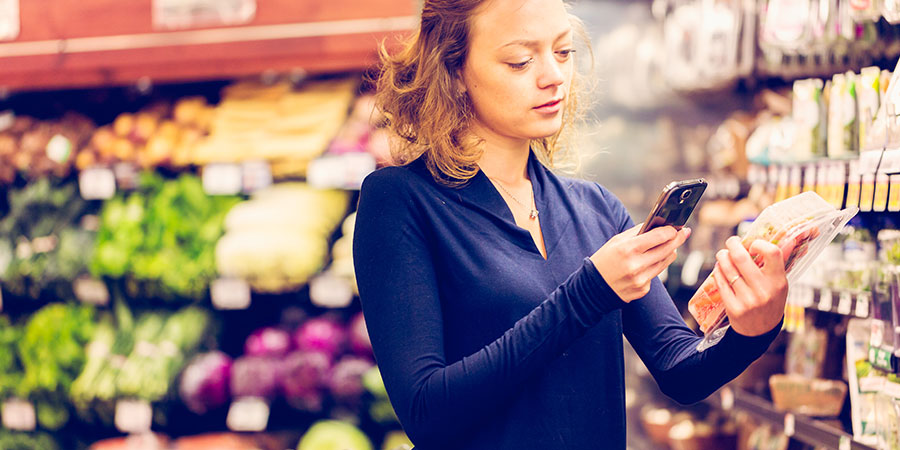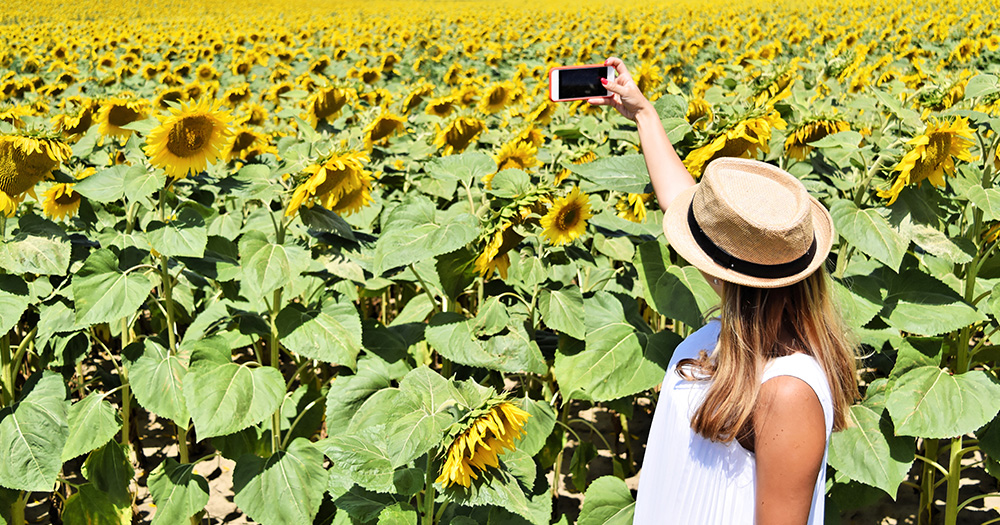
Traceability Gets a Boost
The global pandemic has increased scrutiny in the food system. With the pandemic’s far-reaching implications in the food supply, more than ever sustainability needs to be about the entire lifecycle, well beyond the overused selfies with farmers on Instagram. Sustainability awareness has only accelerated during the global pandemic. Supply chains were suddenly thrust into the limelight with consumers paying more attention to how their favourite products were sourced. Consequently, traceability gets a boost with those supply chain disruptions and consumers’ expectations of wanting to understand their foods’ gate to plate journey and footprint.
 Traceability Gets a Boost
Traceability Gets a Boost
In my Final Proof: Tech Disruption in the food sector from 2018, I identify, compared to other industries, the food sector has been slow to adapt to technologies like blockchain to modernize and stay relevant. The pandemic has showcased the food industry’s archaic practices, and in turn, traceability gets a boost. Companies that have full supply chain visibility, transparency and traceability are resonating with their customers, as people balance their own economic situations and decide how they spend their money during this COVID-19 health crisis and in the future.
The greater effort companies are making with digital transformation to allow for accountability, transparency and sustainability is extremely important for consumers. Ella Barnett gives two examples in her article, What Brands Need to Know about Sustainability Moving into 2021: And How Media Can Emphasize Sustainability Initiative via Medium.com Nov 5, 2020:
Starbucks’ Digital Traceability Tool (Blockchain Technology)
New technology can enhance transparency by providing detailed information and tracking throughout the supply chain. To this end, Starbucks launched a Digital Traceability tool, which utilizes blockchain to trace the source of their coffee beans. Customers can see which farms the beans come from, the names of the farmers, and the price paid to each of them for the coffee by using visual search through the Starbucks app to scan the batch number, or by entering it directly onto the Starbucks website.
Swedish fintech company Doconomy
Advances in fintech have created the perfect opportunity to involve and educate consumers about their own sustainable footprint as they consume. Swedish fintech company Doconomy, recently launched their credit cards, DO, and DO Black. Both cards show consumers the carbon footprint of their shopping while DO Black goes the extra mile of capping spend based on carbon consumption limit rather than a monetary value. These cards allow consumers to become more educated about how their day-to-day decisions can impact everyday climate action.
 Bottomline
Bottomline
The pandemic has given us an opportunity to scrap the pre-covid business as usual, be strategic and to make fundamental changes in the food system. Technology can allow for the food industry to keep their customers informed, aware and involved by enhancing transparency and tracking throughout the supply chain. Economics will make this a necessary investment and transition. The opportunity is now for the food industry to become more agile with technology to adapt quickly to the current pandemic and any future crisis. And ultimately, traceability gets a boost!
